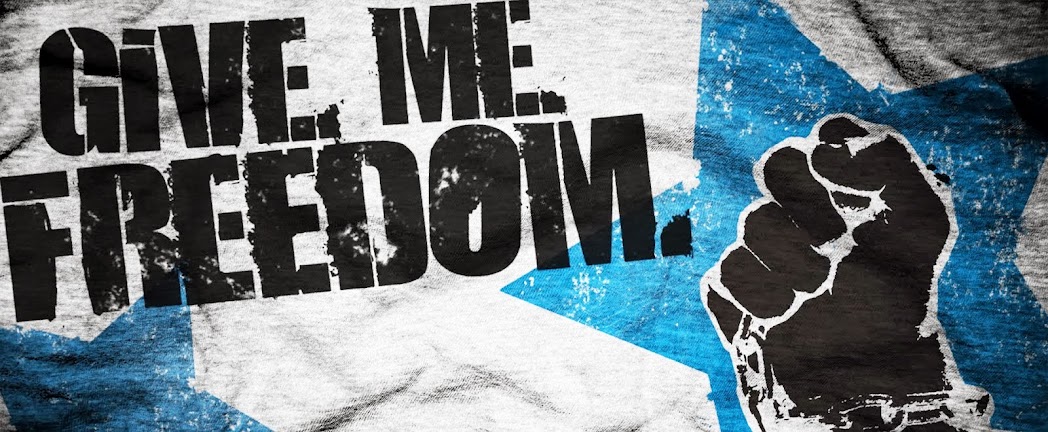Iran’s limited escape options
Karim Sadjadpour is a senior associate at the Carnegie Endowment for International Peace.
Ayatollah Ali Khamenei has never
been a gambling man. Since becoming “supreme leader” of Iran in 1989,
he’s sought to preserve the status quo by eschewing transformative
decisions. But as unprecedented political and economic pressures —
including sanctions against Iran’s central bank
and the European Union oil embargo — increasingly push his back against
the wall, Khamenei seemingly has two paths to deliverance: a nuclear
compromise or a nuclear weapon. Each could be perilous for him; both
would be transformative for Iran.
Khamenei’s aversion to compromise is well-established. He has
long said that Washington’s underlying goal in Tehran is not behavior
change but regime change. “If you supplicate, withdraw and show flexibility, arrogant powers will make their threat more serious,”
he has said. Just as perestroika hastened the demise of the Soviet
Union, Khamenei believes that compromising on revolutionary ideals could
destabilize the foundations of the Islamic Republic.

